#FactoryNews
VW Plans Mass Culling of Combustion Cars, Loftier Margins
Practically every automaker on the planet has begun signaling a desire to change with the times by collectively revising their business strategies. The new hotness involves lower volumes, higher margins, and electric vehicles with the ability to push connected services allowing manufacturers to charge you piecemeal for just about every feature imaginable.
While Volkswagen Group has been at the forefront of those trends since the 2015 Dieselgate scandal helped force its hand, it often suggested that the shift to EVs would be a boon to low-income families. It was hardly the only automaker to make such promises, nor has it been the first to break them after deciding that perhaps there’s more money to be made with premium vehicles. VW has decided that its ideal strategy involves culling internal combustion vehicles by 60 percent over the next eight years and focusing on higher-margin products yielding superior profitability.
Ford, GM Pausing Production in Michigan Over Parts Shortage
Ford Motor Co and General Motors will be individually suspending production in Michigan next week due to supply chain constraints. However, it’s difficult not to notice that the chosen facilities are responsible for lower-volume models they could probably afford to idle.
GM is stalling Lansing Grand River Assembly and Stamping, citing a parts shortage it said had nothing to do with the ongoing deficit of semiconductor chips. The company later stated that the Russo-Ukrainian war had not played a factor, abandoning the two most popular excuses for why something isn’t being done in 2022. Meanwhile, Ford has said the chip shortage has everything to do with its temporary closure of Flat Rock Assembly.
GM China Has Employees Living Inside Factories
General Motors’ joint venture in Shanghai is reportedly having employees sleep on factory floors to remain operational during regional COVID-19 lockdowns. The facilities are operated collaborative by GM and state-owned Chinese partner SAIC Motor Corp, with government restrictions being in place until at least Friday. Due to the tens of million people affected, it’s one of the largest lockdowns instituted since the pandemic started.
Initially reported by Reuters, the situation was framed as GM finding a workaround to ongoing Chinese lockdowns while other companies simply stopped production. But that seems to be glossing over some of the relevant context, mainly that the plant is now loaded up with workers who are sleeping inside the factory and living in relative isolation to ensure the facility is compliant with China’s stringent zero-tolerance policy while still managing to remain competitive.
Will Toyota's Production Pause Go Global?
Following last week’s announcement where Toyota explained its need to scale back Japanese production by 20 percent this April, the automaker has outlined planned slowdowns for the foreseeable future. It’s citing all the usual problems. Countries are still employing various COVID-19 restrictions that are upending supply chains, semiconductor production for automobiles remains insufficient, and there’s a war in Eastern Europe that’s creating all-new troubles while exacerbating some of the more familiar ones. But scaling back output might not be the death sentence it sounds like.
With last year resulting in 10 million deliveries worldwide, Toyota actually managed to improve its sales against 2020’s year-over-year global production decline of 12 percent. And the last two years have also yielded enhanced profitability for the automaker, despite it having expressed repeated concerns about procuring enough components to keep popular models (like the RAV4) in stock. In 2021, Toyota saw $249.4 billion in revenue and even became the best-selling automaker in the United States, dethroning former top-dawg General Motors.
Tesla Pauses Production in Shanghai
Tesla Inc. is briefly suspending production at its Shanghai factory for two days, starting today, as China upgrades restrictions pertaining to a new COVID outbreak. While the rest of the world has been scaling back pandemic-related restrictions, the Chinese Communist Party has begun issuing new mandates after locking down 51 million people at the start of the week. The government has said its part of its no-tolerance approach to the virus after citing roughly 1,700 infections spread across a dozen cities.
This has already started impacting supply chains that have been beleaguered by two years of restrictions already, apparently catching Tesla in the process. Despite Shanghai not having been issued any official orders, there’s been mounting pressure for businesses to temporarily shut down or reinstate protocols to have people work from home.
Volkswagen Shifting Production Out of Europe, Into U.S. and China
Volkswagen Group will be moving some of its European production out of the continent and into facilities located in China and the United States, citing the war in Ukraine as the largest contributing factor. Though if you’ve been following the company, it had already signaled a desire to raise its capacity in China ever since the region shifted into becoming its largest market.
In fact, Chief Executive Herbert Diess said during Tuesday’s press call that China will be taking precedence as the automaker reorganizes its manufacturing.
Ford Outlines EV Production Strategy for Europe
Ford Motor Co. has shared its intent to launch seven fully electric vehicles in Europe, including a battery-electric variant of the Puma subcompact crossover, its best-selling (and looking) passenger car for the market. Though the first EV in its new product offensive will be a midsize crossover helping Blue Oval deliver on a previous promise to manufacture electric vehicles in Cologne, Germany.
The unit is said to capitalize on Ford’s partnership with Volkswagen Group by leaning on the latter entity’s MEB platform that already underpins VW’s ID products and Audi’s e-tron vehicles. Driving range is estimated at 311 miles per charge, with the company anticipating a formal debut later this year.
Industry Begins Blaming the Bridge, Truckers in Ottawa
With the Ambassador Bridge having been cleared by police over the weekend, those protesting government mandates have literally been relegated to the sidelines. Canadian officers from a variety of departments, including Ontario Provincial Police, are now situated at relevant intersections and Windsor, Ontario, has declared a state of emergency in case demonstrators return.
But don’t think the story is over. The trucker blockade certainly caused trouble for the automotive sector and it suddenly seems interested in rolling the event into the industry’s ever-expanding list of excuses. Now that the rigs have all been removed, spokespeople have been chiming in and they’re being presented as rather single-minded on the matter. They want more assistance from the government to quash any protests that might impact their bottom line and are happy to have something else to blame for why the broader industry remains in such a pitiful state.
Audi Approved for $3.3 Billion EV Factory in China
Audi and FAW Group, the state-owned partner it is effectively required to have in order to preferential treatment from the Communist Party of China, received some good news this week. Government officials have approved the duo for a new, jointly operated production facility in Changchun.
With Volkswagen Group having shifted its focus toward China in recent years, the market has become all-important for the German company. VW is currently the top-selling brand for the entire region, with its Audi subsidiary typically being the highest volume premium automaker from Europe. Building in China is good optics for brands hoping to remain popular there and has the added benefit of placing manufacturing complexes closer to relevant suppliers, especially if you’re swapping to electric vehicles.
Mustang Production Paused at Flat Rock Assembly
Ford will be idling Mustang production this week due to an insufficient supply of semiconductor chips. For all the talk the industry made about getting over supply chain hurdles in 2021, manufacturers continue citing insufficient access to microchips as the primary obstacle preventing them from enjoying more routine operations.
The automaker confirmed the move on Tuesday, explaining that Michigan’s Flat Rock Assembly will be down until sometime next week.
Corvette Production Halted Over Kentucky Tornadoes, TMMK Okay
Chevrolet’s Corvette plant in Bowling Green, Kentucky, will be seeing a week of downtime following the vicious tornadoes that swept through the United States over the weekend. With twisters populating Southern and Midwestern states, Kentucky became ground zero from some of the most devastating weather seen all year.
Governor Andy Beshear called for a state of emergency Saturday due to the extensive damage across the state, with Bowling Green yielding some of the most harrowing examples. While the Corvette factory was spared the total destruction endured by other buildings, General Motors has said the site will still need to remain closed so the necessary cleanup can be done.
Toyota, Stellantis Announce North American Battery Plants
Automakers Toyota and Stellantis separately announced plans to construct lithium-ion battery plants in North America on Monday. With regulatory pressures mounting, the industry has been shifting its eggs between baskets to avoid trouble. But the ultimate goal for most brands is to transition toward selling EVs, requiring meaningful action and financial expenditures on the part of manufacturers.
We’ve already seen General Motors and Ford Motor Co. squabbling over who will nestle the biggest battery facilities between America’s Frost and Sun Belts. It’s only fitting that the remnants of the Chrysler Corporation contained in Stellantis walk the path of electrification, especially now that it’s absolutely riddled with European influence. Meanwhile, Toyota is predictably exercising a bit of caution as it similarly navigates how to modernize itself via upcoming lithium-ion plants.
Tesla Officially Moving to Texas, Elon Musk Confirms Austin HQ
Tesla CEO Elon Musk has officially announced that his company would be moving house this week. Currently nestled upon the bosom of Silicon Valley in Palo Alto, CA, the automaker has expressed its intent to establish a new base of operations in Austin, TX. While this situation has been a long time coming, it’s not quite the prompt walkout that everyone was predicting 17 months ago.
At the start of the pandemic, Musk found himself at odds with local officials pushing strict COVID lockdowns. The CEO had wanted to keep the all-important Fremont facility up and running at the start of 2020, suggesting workers could simply choose to stay home without there being any negative repercussions (or pay). Told again to shut down, Tesla sued Alameda County on the grounds that its orders were unconstitutional and violated a return-to-work mandate recently issued by Governor Gavin Newson. Before long, Elon Musk was openly confessing he was fed up with the state of California and would be relocating the business.
Lordstown Motors Sells Home to Foxconn
The troubled Lordstown Motors has announced it will be selling its Ohio production facility to the Taiwanese Hon Hai Precision Industry, better known as Foxconn. But this is not a case of the prospective automaker offloading its assets so it can pay off its debts in full retreat. Instead, Lordstown has asserted this is a necessary partnership that will help guarantee it can still deliver the all-electric Endurance pickup truck.
Terms stipulate that Lordstown Motors will sell the sprawling factory to Foxconn for about $230 million. Two years ago, the site was purchased from General Motors for a very breezy $20 million after the Detroit-based manufacturer decided to abandon the Chevrolet Cruze. Foxconn will also be buying up $50 million worth of common stock and effectively take responsibility for production at Lordstown Assembly. However there is a laundry list of things that need to be done before pickup assembly is even an option.
Lucid Motors Becomes an Automaker
Production of the 2022 Lucid Air started this week, adding another automaker to the North American roster. The manufacturer held an event on September 28th, inviting Arizona Governor Doug Ducey, relevant executives, big-time investors, select media outlets, and customers who dropped $170,000 to purchase the limited Dream Edition of the electric vehicle.
While often framed as a Tesla ripoff, Lucid Motors has been setting its sights so high that it hardly feels like a fair assessment. Because the Air is offering one of the most impressive all-electric spec sheets in the industry right now and should probably worry the competition.




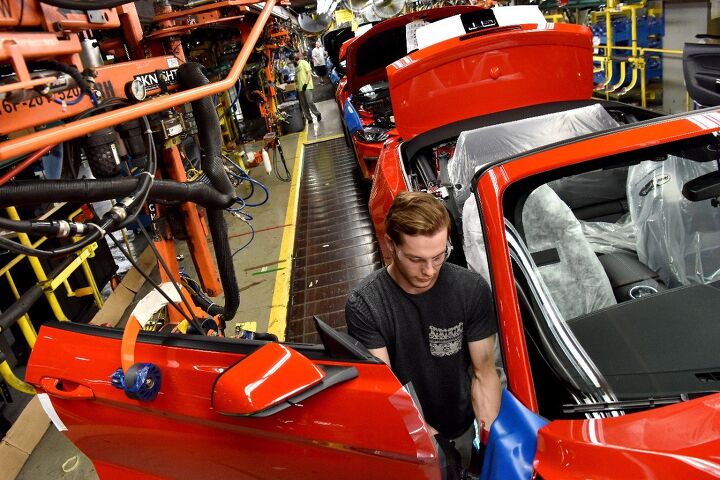
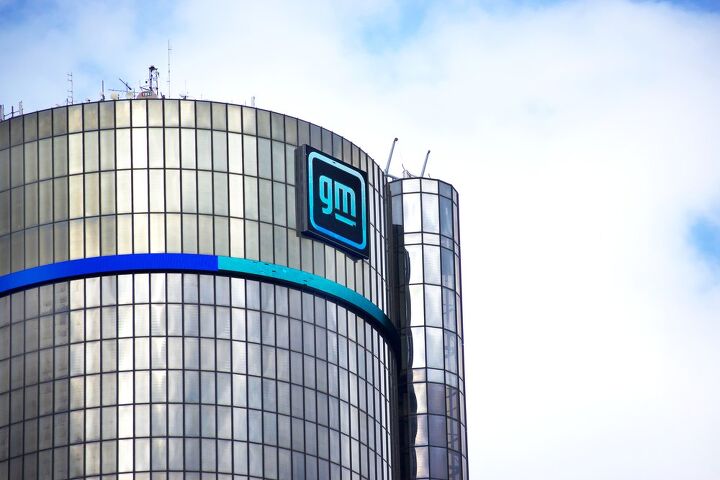
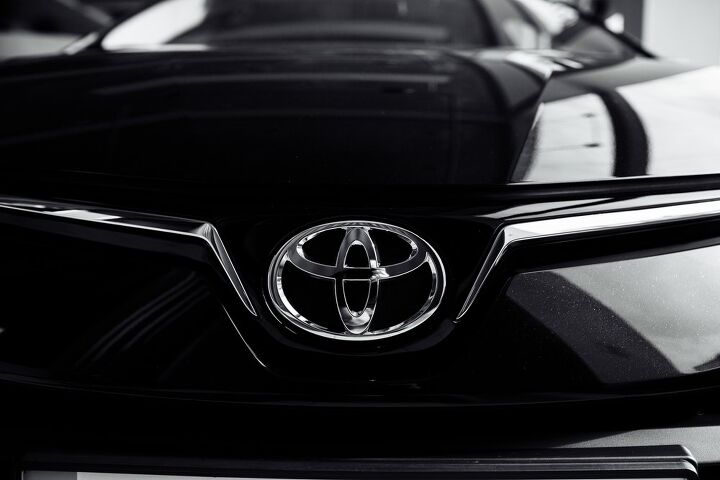




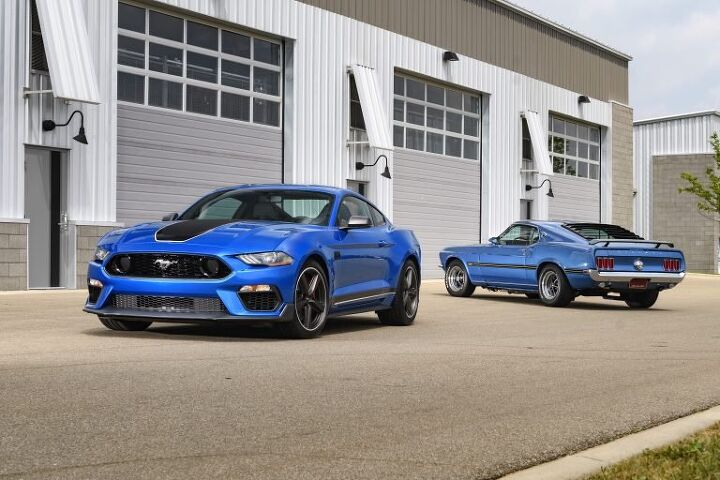

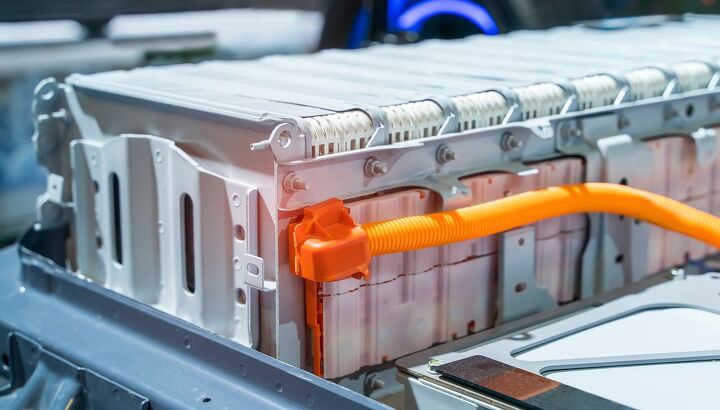


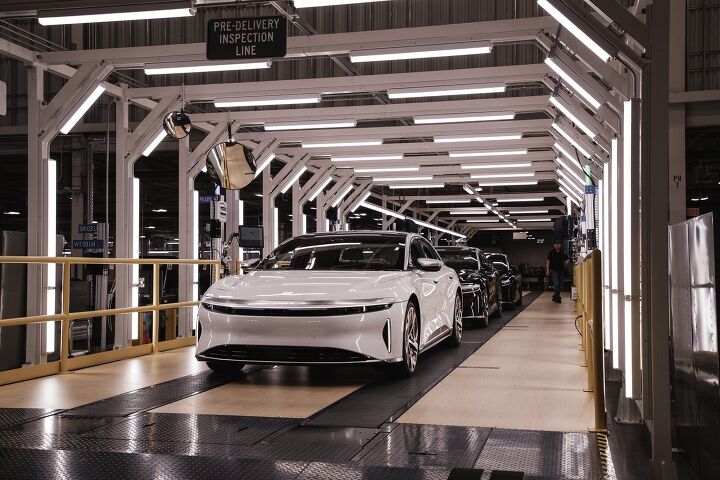












Recent Comments